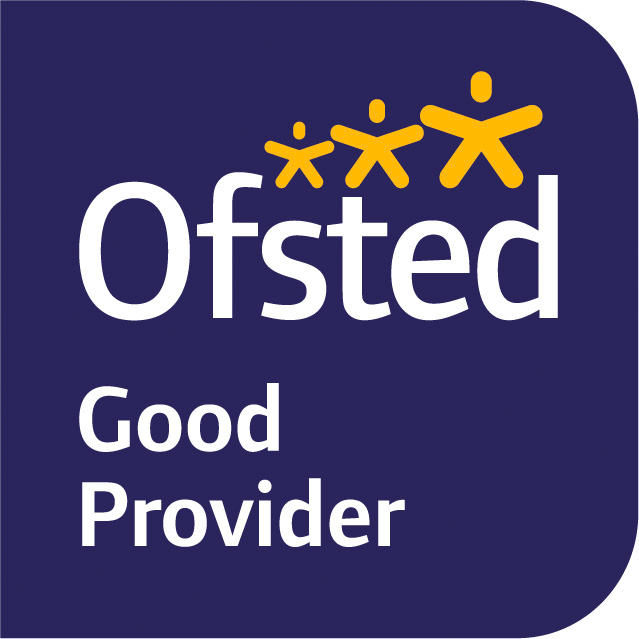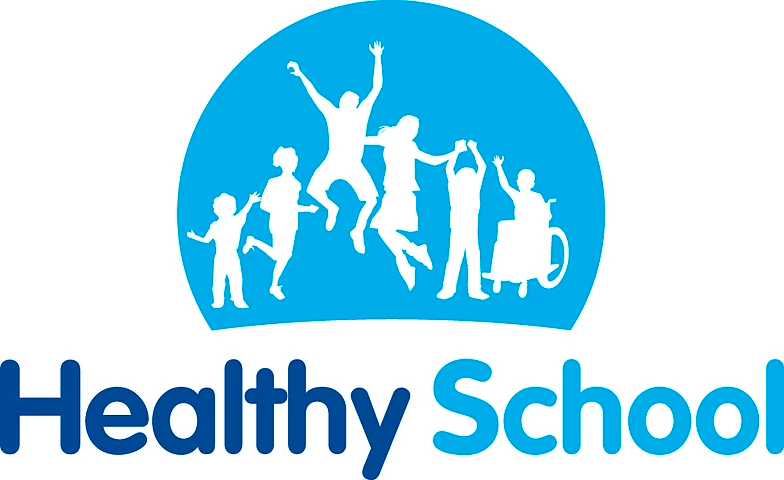Reading
Phonics Scheme:
St Teresa's uses Little Wandle Phonics.
Intent
St Teresa's puts reading at the heart of our school. Reading is delivered through an enjoyable and engaging curriculum which allows children to establish a deep love of reading at all stages of their learning journey. By the end of their time at St Teresa's, we intend that our pupils will be independent, reflective readers, who can read fluently, with confidence, and demonstrate critical thinking in all subjects. Using high-quality texts, and tiered vocabulary, we set high aspirations for what pupils can achieve in reading, developing strong communication skills. At St Teresa's, we take every opportunity possible to expose our children to a range of texts, from different genres, that have been written by authors from a wide range of backgrounds. Through this, we aim to enhance the cultural capital of our learners and equip them with the knowledge and experiences needed for society.
At St Teresa’s, English is taught daily and reading and phonics are taught in accordance with the National Curriculum and the Revised Literacy Framework, with work appropriately adapted to match ability. We aim to foster in the children a love of literature and language and the confidence to continue reading and writing throughout their lives.
|
Therefore, in partnership with parents and guardians, we expect children to be able to:
|
Each child’s reading journey begins in Nursery and Early Years where phonics is introduced using the Little Wandle Letters and Sounds Programme of Study.
In Nursery, children's listening skills are developed through the use of environmental sounds, rhyme and music, following Little Wandle Foundations.
In Early Years, children are introduced to phonemes (sounds) linked to the letters of the alphabet, as well as one way of spelling each of the other 16 phonemes used in the English language, such as 'igh' and 'ch'. Children are taught to blend or sound out phonics to read a variety of words and segment or break down the sounds in simple words for spelling.
In Year 1, children learn more about the different of ways in which each phoneme can be spelled and they also learn about the different pronunciations made by different letters or groups of letters, such as 'ow' in 'cow' and 'snow'. At the end of Year 1, children will be tested on their phonics knowledge, using a national test featuring 20 real words and 20 pseudo-words.
From Year 2 onwards, children consolidate their phonics knowledge, learning when to apply different spelling rules as well as how to spell plurals and different verb tenses. They follow the Little Wandle Spellling scheme.
Children participate in daily group reading sessions using decodable books, where they can apply their phonic skills and explicitly taught strategies and skills to enhance decoding, prosody and comprehension using a variety of fiction and non-fiction texts.
As children progress through school and their phonetic awareness develops, children can choose from a variety of reading books at an instructional level. The reading books we use are numbered using 'Accelerated Reader', in order that the books they use to practise their developing skills are appropriately challenging. Once children become fluent readers, a greater range of books is provided to allow children to engage in lengthier discussions about the content of the book and begin to develop comprehension skills. Children are also encouraged to choose titles from the well-stocked library to encourage reading for pleasure.
We encourage children to read at home to an adult every day. In Foundation Stage, children begin by taking home wordless books, to allow them to spend time talking to a parent about the book, without being constrained by the necessity to read words. Once children have a good understanding of how books work and have gained phonics knowledge, they begin to read books containing simple words which can be blended or sounded out.
As children progress through the school, we continue to encourage children to read for pleasure. Children have a reading for pleasure area, as well as a well-stocked library, and loans are encouraged. Teachers have been trained in the ‘Power of Reading’; this allows immersion in a text and a wide range of techniques to encourage engagement, such as drama, artwork, debating, and in lower years, themed role play. We carefully consider the titles that stock our library and use the Core Text list produced by the Centre for Literacy in Primary Education as a guide.
The main reading schemes used at St Teresa’s Catholic Primary School are the phonically decodable Big Cat books linked to the Little Wandle Letters and Sounds phonics scheme in Foundation Stage and Key Stage One, and in Key Stage Two children use Accelerated Reader.


